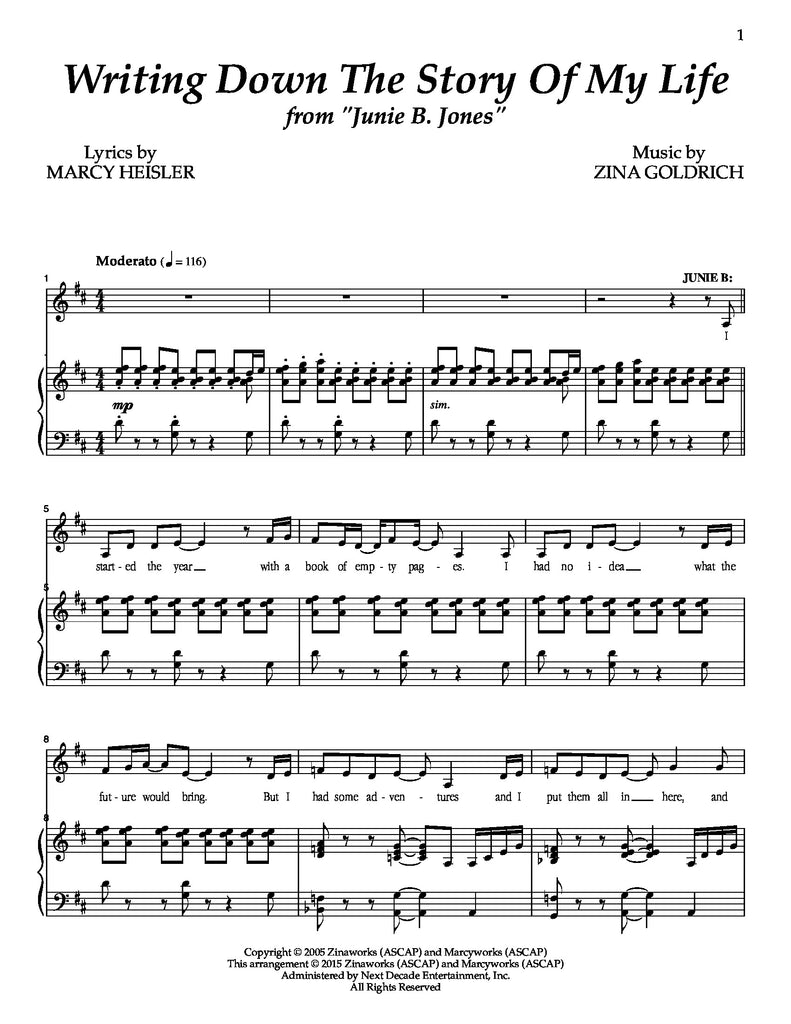

I have loved this song for this reason, “And these memories lose their meaning Even Lennon himself, apparently, thought about the song that way, years after he recorded it.īut I just wanted to set the record straight. That’s what they think “In My Life” is about, anyway. I’m sure most of the musical’s attendees don’t mind.

That’s why “love” had to be turned into “loved.” But this turns the song on its head. That’s not how the song is used in “My Very Own British Invasion.” The singer there hasn’t found anyone new, but is just revisiting the past. This emphasizes the point: This is a song about the present, and rebirth. The song ends by repeating the second half of the second verse. (Now that I think about it, “I Love You More” really would have been a better title for this song.) But “I love you more.” In other words, the past just can’t compare. He reiterates his “affection” (a carefully chosen word “affection” is not as powerful as love) for the past and says he’ll still think about it. Not only that, those memories “lose their meaning” (!) in the presence of new love. Those old friends and lovers can’t compare with the person who is standing before him, now. This upends the first verse, where Lennon sang about the past. I know I’ll often stop and think about them Okay, that fits the conventional thinking about the song: Nice, sweet nostalgia. With lovers and friends I still can recall Let’s take a close look at the song’s lyrics, starting with the first verse: I believe the change (“love” to “loved”) makes the song into what most people think it is - that whole “a remembrance of friends and lovers of the past” thing - but this represents a huge change in the intention of the song, as it was originally recorded. “In My Life” ends with the line “I love you more,” but in “My Very Own British Invasion,” it is changed to “I loved you more.” And it wasn’t just sung incorrectly on the night I happened to be there, or heard wrong by me: The change is spelled out in a projection above the actors. The song is used at the end of the evening, to put a sentimental spin on a story of love won and lost in the heady days of the 1960s British Invasion. I’ve thought this about “In My Life” for a long time, but was inspired to write this post after seeing the new jukebox musical, “My Very Own British Invasion,” at the Paper Mill Playhouse in Millburn. It’s really the least nostalgic song you could imagine. That is, I think, how most people see it: A sweet song about looking back on the past.īut that’s not what it’s about. Fifteen years later, in his last major interview, Lennon described it as “a remembrance of friends and lovers of the past.” John Lennon wrote the Beatles song “In My Life,” with some help from Paul McCartney and Beatles producer George Martin (who should have received a co-writing credit) in 1965. Jonny Amies in “My Very Own British Invasion.” Note the incorrect lyrics to “In My Life” above him.


 0 kommentar(er)
0 kommentar(er)
